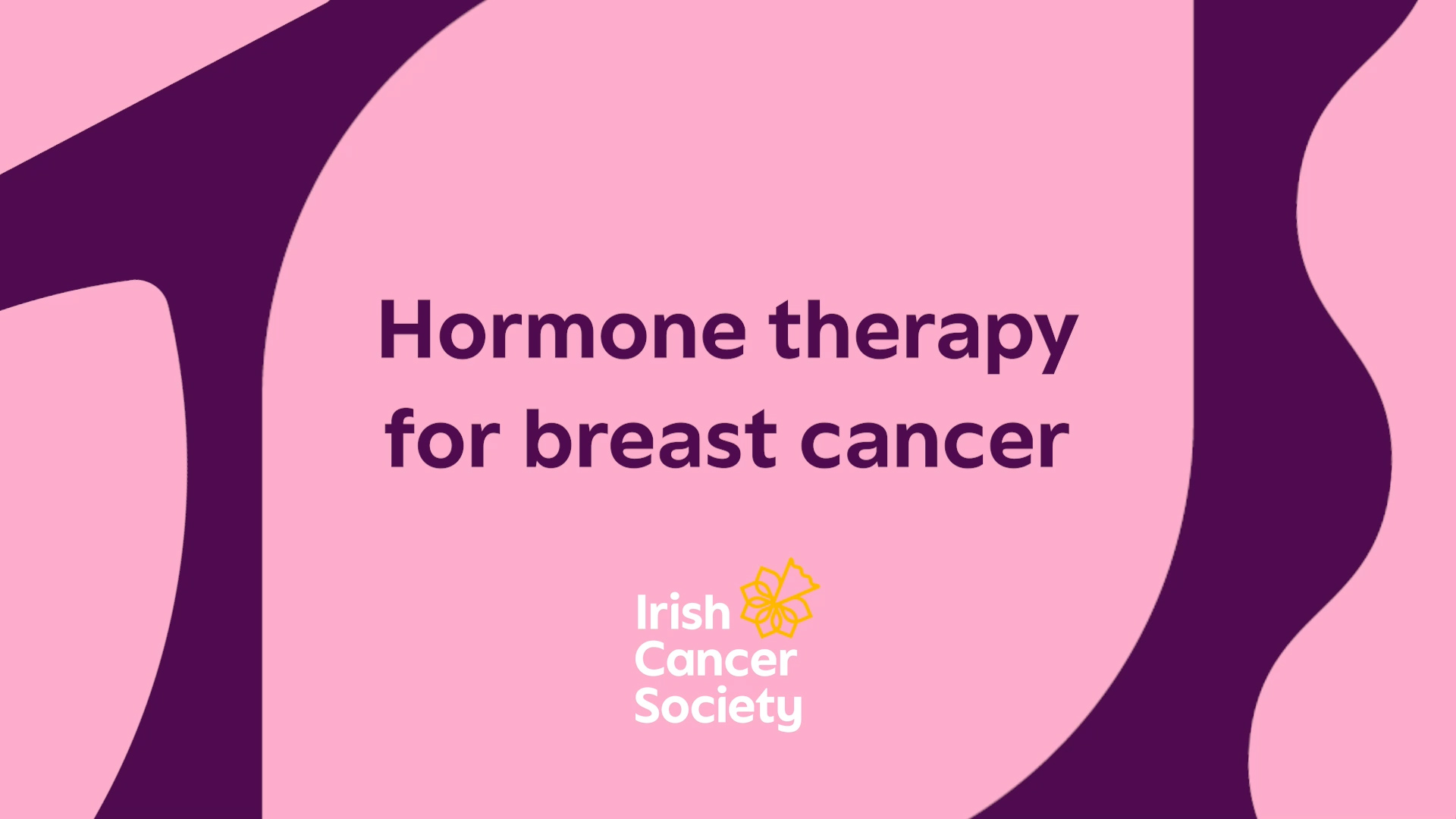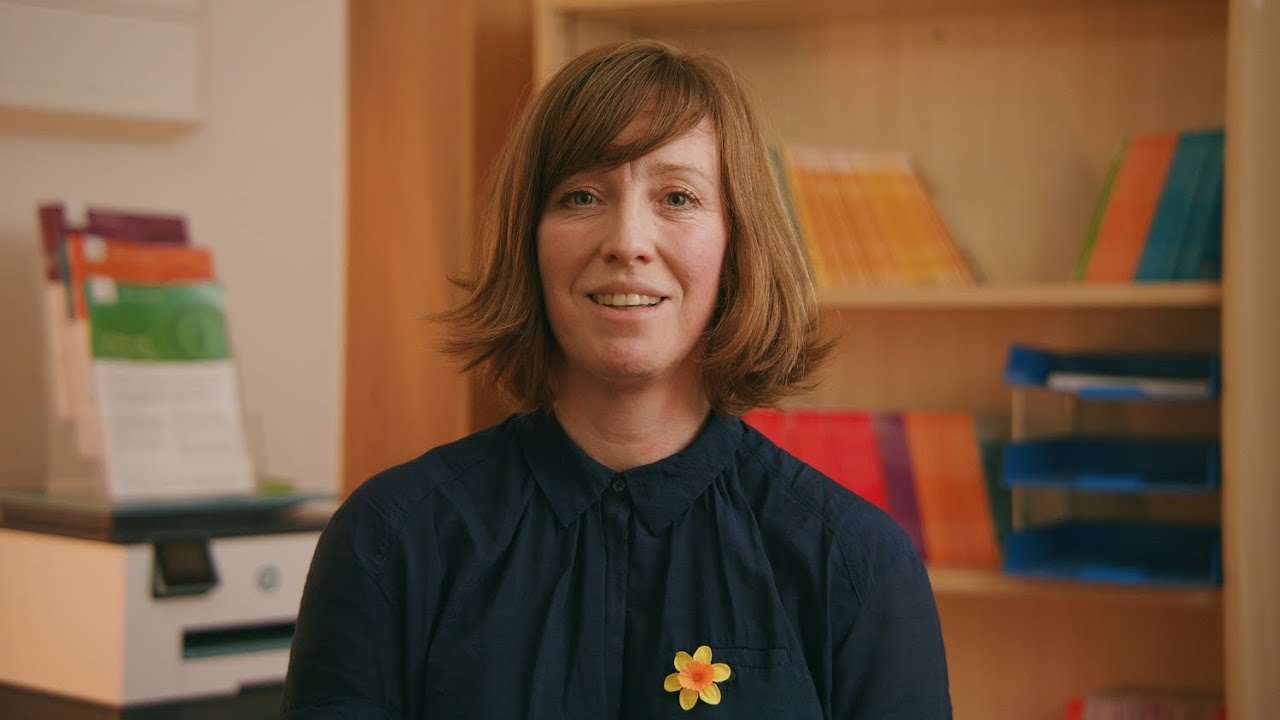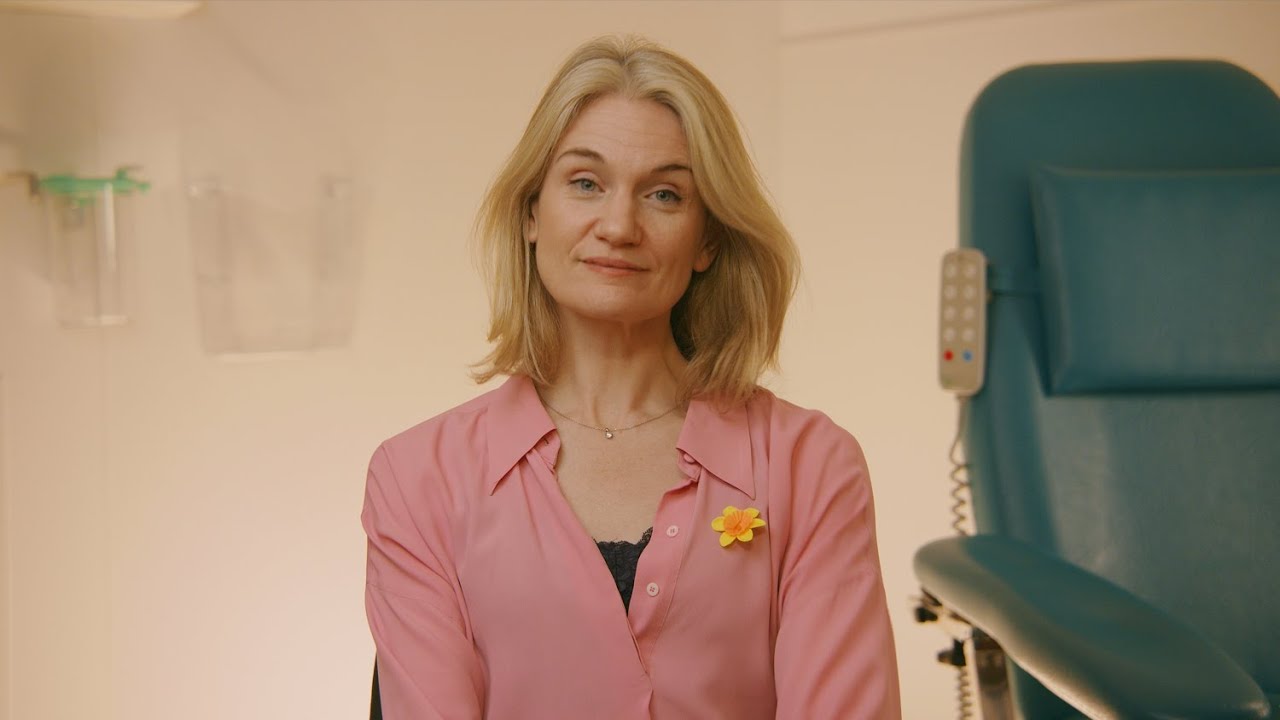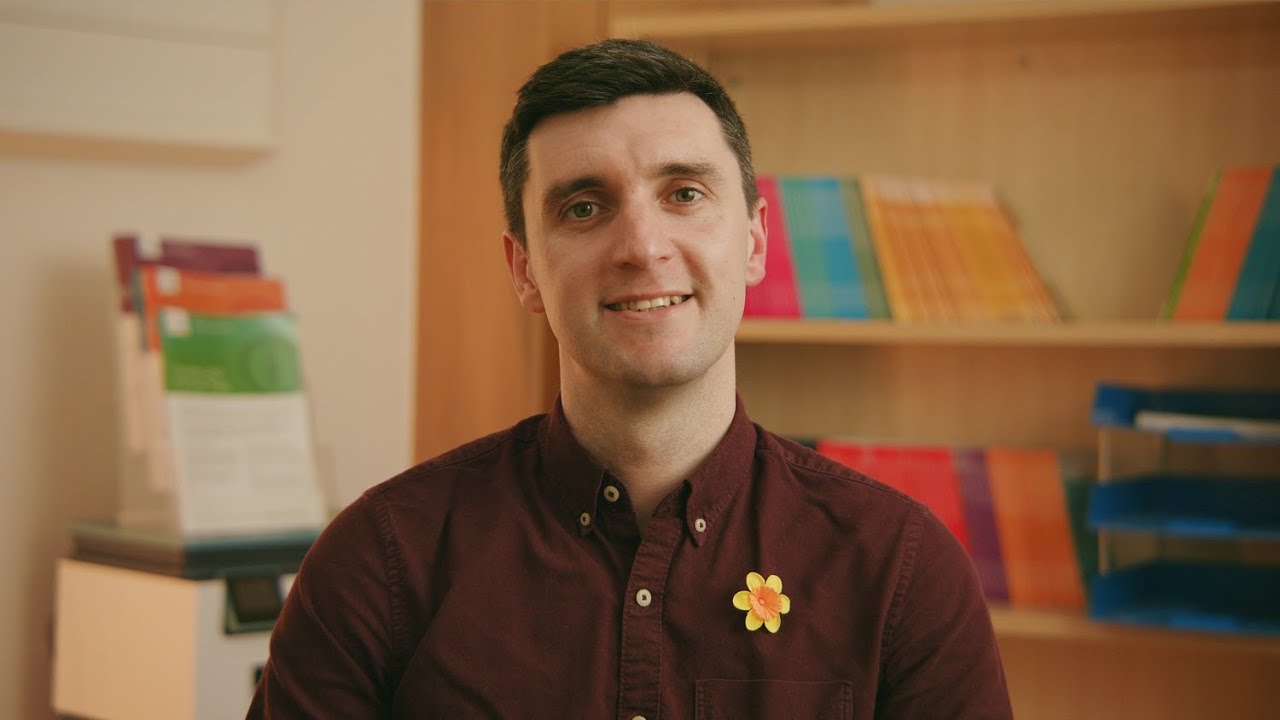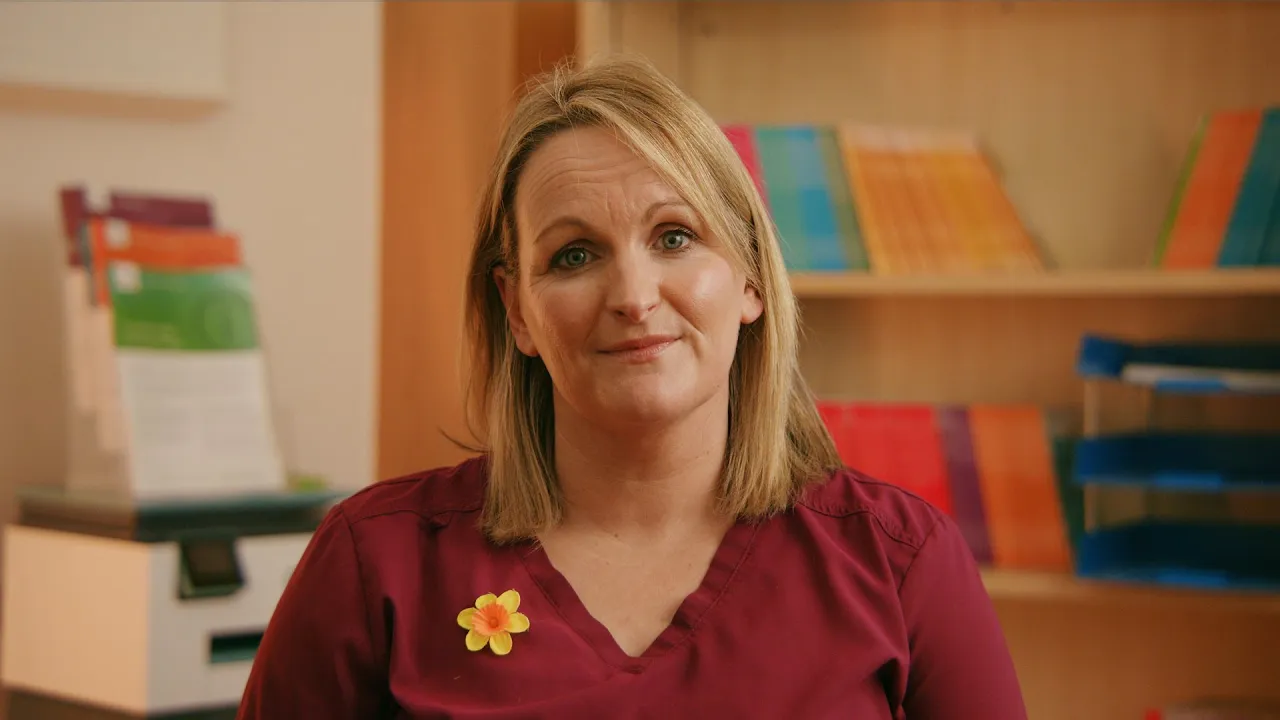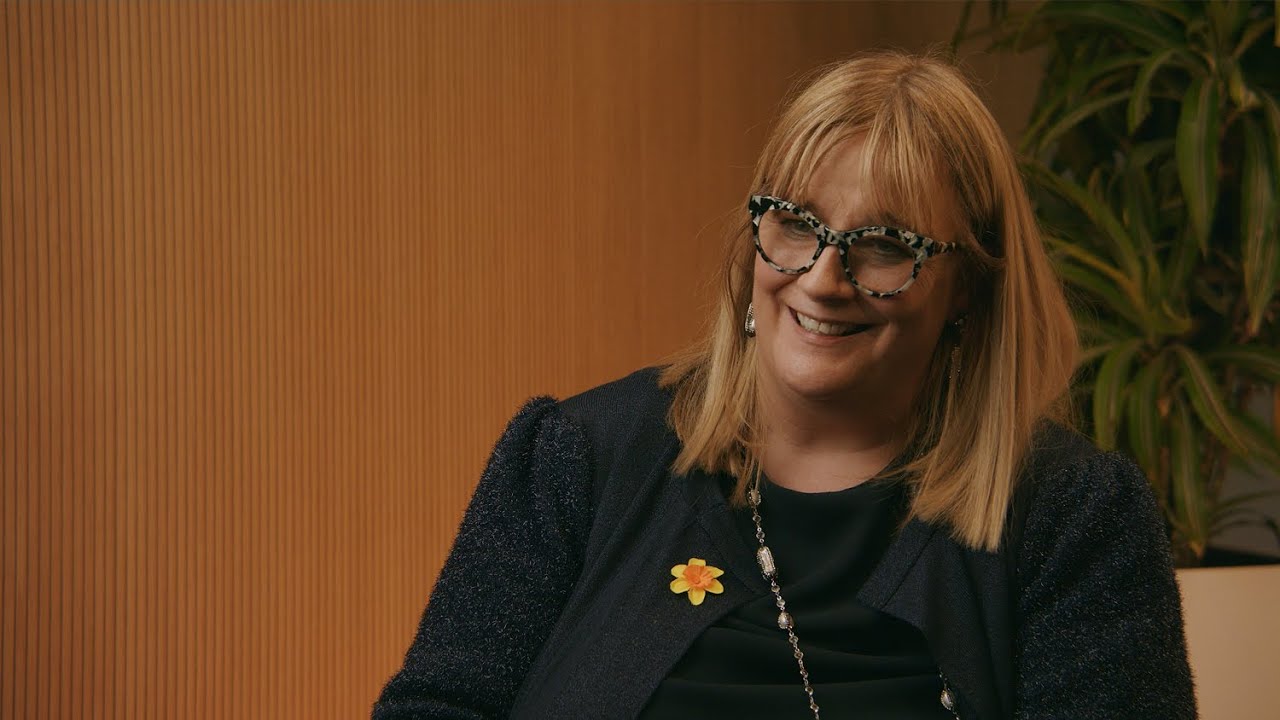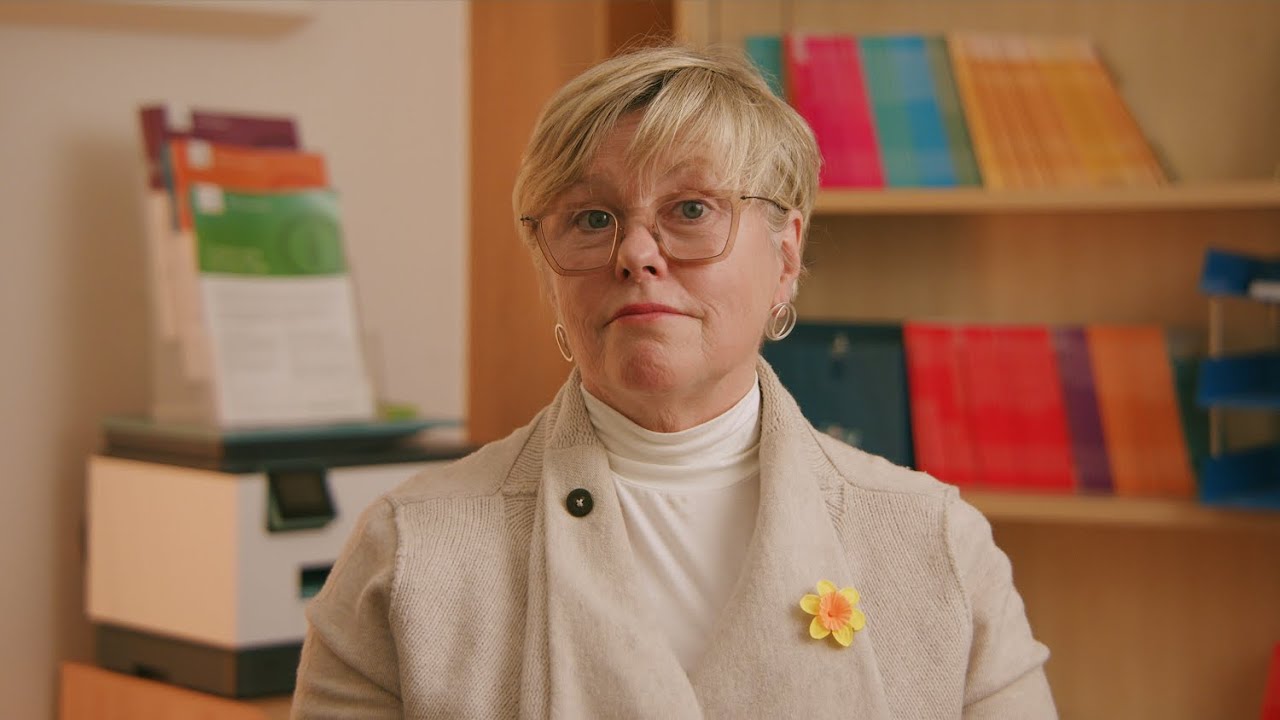Hormone therapy for breast cancer 4: Taking your medication
This video covers the importance of taking the correct dose, at the correct time(s) and for the recommended length of time.
Note: The information in this video is for both breast and prostate cancer patients on hormone therapy.
0:12
When we use the word dispensing, we are talking about how medicines are provided to you. Your doctor will write a prescription for you. You may have to attend the clinic for ongoing monitoring during your treatment. The intervals for these appointments will be decided on a case-by-case basis.
0:33
At each appointment, you will be given a prescription that will contain enough medication until your next clinic appointment. Your pharmacist will dispense the medication to you 1 cycle at a time. This could be every month, 3 months, or 6 months, depending on your treatment. You can also make sure your prescription is always in date, and know when you will need your new prescription from your doctor.
1:02
Your medical team will give you information regarding your treatment. However, you may have some questions that have occurred to you in the meantime. Meeting the pharmacist is a good chance to ask more questions and get as much information as you need.
1:18
Write down any notes to remind yourself afterwards of what was discussed. Make sure you understand fully how to take your medicine and what to do if you experience any side-effects or have any questions. Please know the staff at your pharmacy are happy to help. You are not bothering anyone by asking your pharmacist to repeat or clarify information.
1:42
Medication adherence includes consistently taking the correct dose, at the correct time, and for the recommended length of time. These medicines have been prescribed for your use only and should not be given to anyone else.
1:58
Always check the dose you need to take and at what intervals. This should be on the medication’s label on the container. Follow the instructions on a medicine label, or as given to you by the pharmacist. For example, does the medication need to be taken with food?
2:17
Again, if you are confused by the instructions, or have questions, contact your pharmacist or a member of your medical team. It is important to take your medication at the scheduled time, and for the length of time as prescribed by your medical team.
2:33
You may be taking your hormone therapy continuously for a long period of time, so it is important to comply with your medication plan.
2:41
If you are prescribed hormone injections, you will receive your injections at your GP practice or at your hospital clinic. This will need to be arranged with your GP. You will need to schedule your appointments in a timely and planned way.
2:57
For pre-menopausal women on injections for ovarian suppression, maintaining timely dosing is essential to ensure the treatment works.
3:09
If you forget to take your hormone therapy tablets, you should take the missed dose as soon as possible, within the same day. If a full day has passed, take your usual daily dose the following day and skip the previous day’s dose. Do not take a double dose unless your doctor or nurse advises you to do so.
3:36
The 2 key words we use when we speak about adherence are routine and reminder. Lifestyle and shift patterns must be considered when you are making your plan. Then put as many reminders in place as you can, until it becomes second nature to you.
3:54
Self-management is taking responsibility for your own actions and wellbeing. Because you have to take your medication at home every day, it is important that you understand that this is your responsibility.
4:08
If you aren't used to taking medication, it can be difficult to remember that you need to take your tablets at a certain time every day. As these medicines are treating your cancer, it is important that you take your hormone therapy as prescribed.
4:25
Make a plan and create a routine. You may find it helpful to use alarms, or a specially created calendar with the name of the drug and the time it needs to be taken written on it. Once you have taken your medication, you can tick beside the date and time.
4:43
You may find it helpful to keep it in a place where you will remember to fill it in, such as next to your bed, near your kitchen table, in the bathroom, or on the fridge. Being compliant with your medication is your way of managing your treatment.
5:00
Don't be afraid to ask for help from family and friends, as they can be very helpful and supportive while you are going through your treatment.
5:09
Keep your medication in the original package, and at room temperature, away from heat and direct sunlight. Keep it safe, and out of sight and reach of children. Get a new prescription before you run out of tablets and make sure you have plenty for holidays. If your treatment is stopped, return any unused tablets to the pharmacist.
5:33
Any use of non-mainstream practices, such as complementary or alternative practices, should be made known to your pharmacist and medical team. Complementary therapies are treatments and activities that you can have along with your standard medical treatment, to try and feel better.
5:52
It's very important to talk to your doctor if you're thinking of using complementary therapies. Tell them also if you're using, or considering using, over-the-counter, or herbal medications. Some can interfere with your treatment, may be unsuitable or be harmful to you, even if you used them safely before your cancer diagnosis.
6:14
Your medical team relies on you to report back if you miss any doses or experience any side-effects. Reporting back to your medical team when you are attending your follow-up clinics is important. They are there to support you.
Hormone therapy for breast cancer playlist
